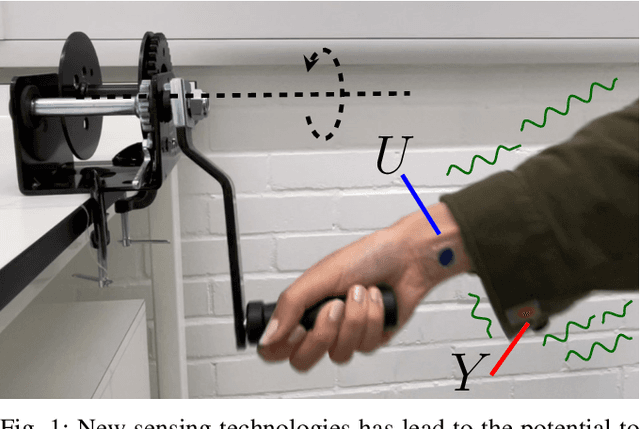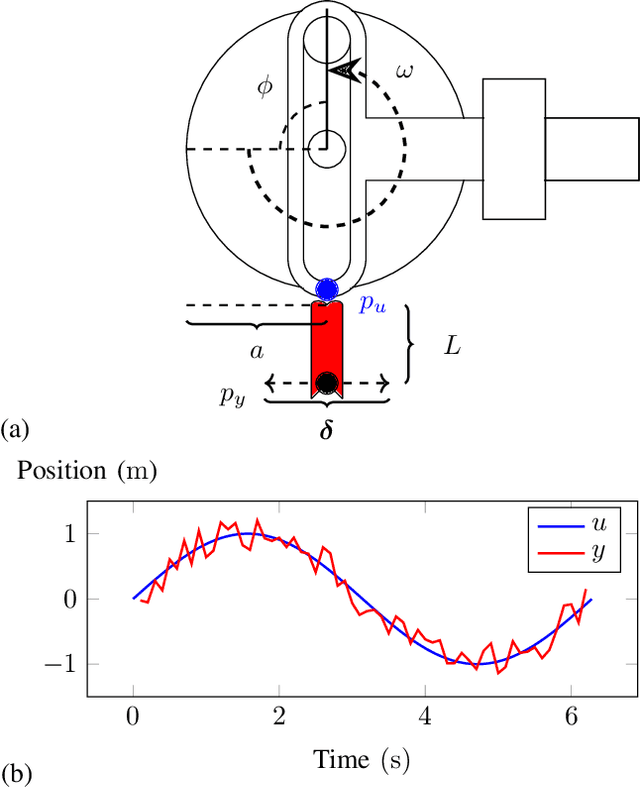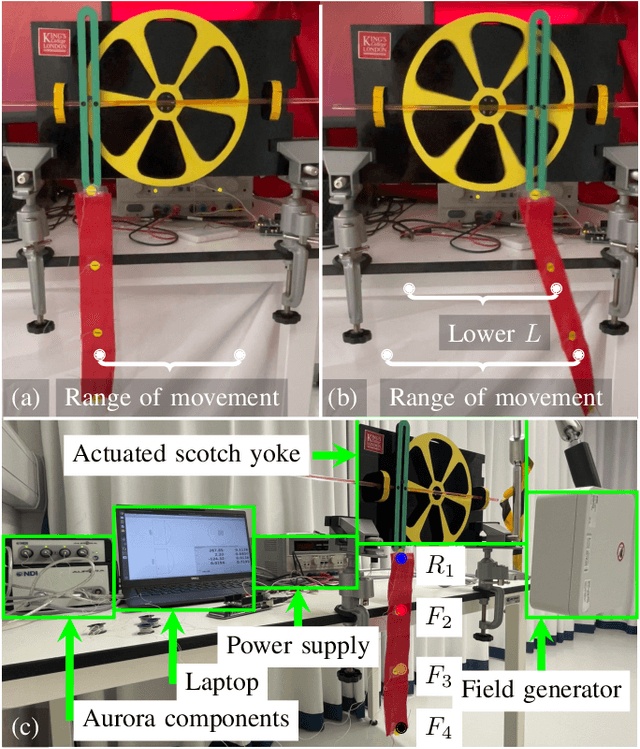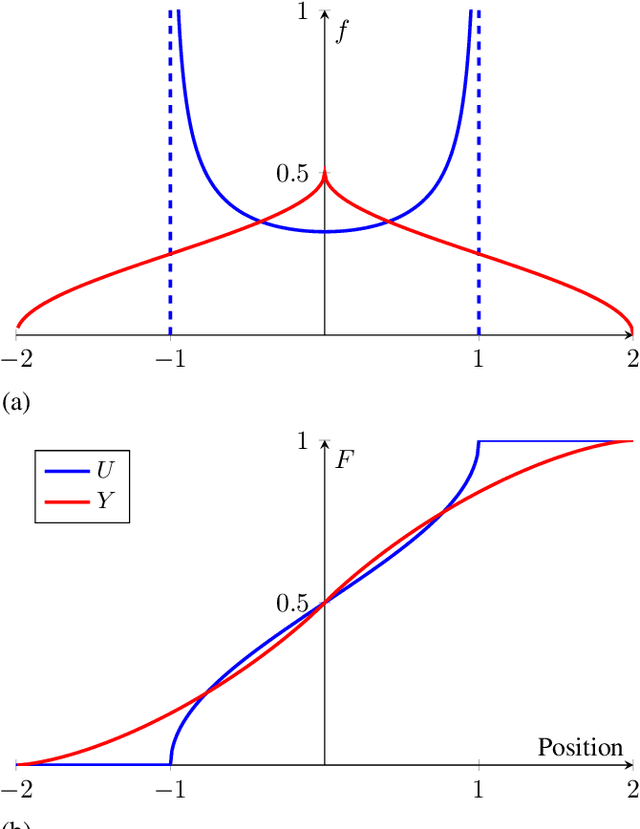A Probabilistic Model of Activity Recognition with Loose Clothing
Paper and Code
Sep 23, 2022



Human activity recognition has become an attractive research area with the development of on-body wearable sensing technology. With comfortable electronic-textiles, sensors can be embedded into clothing so that it is possible to record human movement outside the laboratory for long periods. However, a long-standing issue is how to deal with motion artefacts introduced by movement of clothing with respect to the body. Surprisingly, recent empirical findings suggest that cloth-attached sensor can actually achieve higher accuracy of activity recognition than rigid-attached sensor, particularly when predicting from short time-windows. In this work, a probabilistic model is introduced in which this improved accuracy and resposiveness is explained by the increased statistical distance between movements recorded via fabric sensing. The predictions of the model are verified in simulated and real human motion capture experiments, where it is evident that this counterintuitive effect is closely captured.
 Add to Chrome
Add to Chrome Add to Firefox
Add to Firefox Add to Edge
Add to Edge